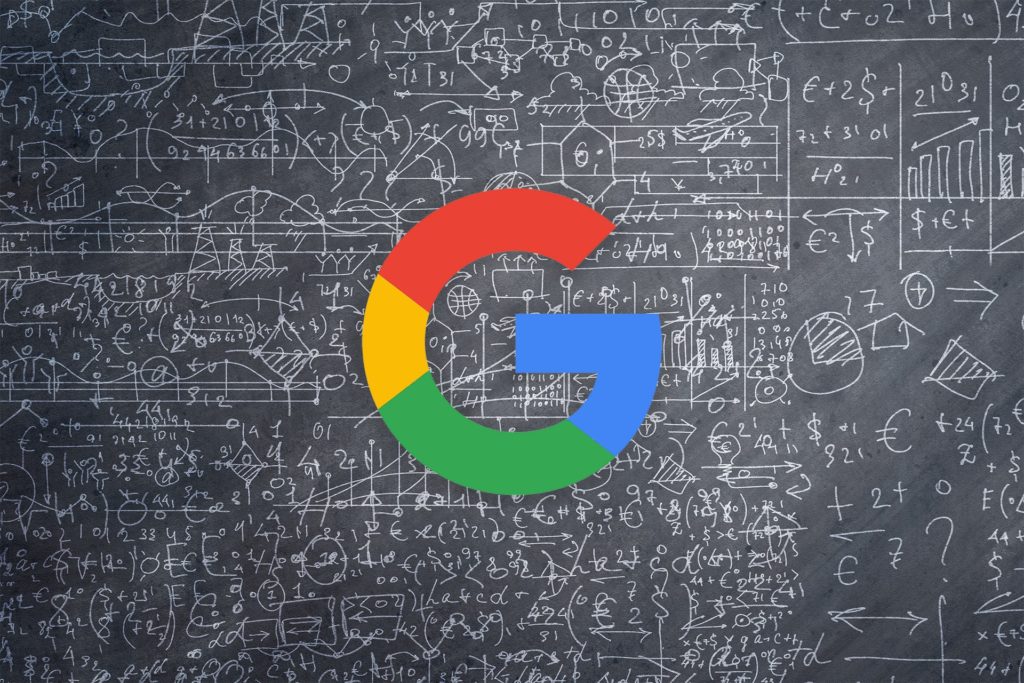To push the capabilities of MUM further, Google is now combining the technology with Google Lens. Users are able now able to take a photo and pose Google a question about that photo.

In the example Google demonstrated with the Google Lens integration, a user took a photo of a bicycle part and asked how to fix it. The capabilities of MUM allow it to match the search to the right information without the user having to research separately what the bike part is and then having to find a tutorial on how to fix it.
In a second example, shown here, a user takes a picture of a shirt pattern and asks Google to find “socks with this pattern”. Previously users would have to describe the pattern and hope that Google is able to return a relevant result, MUM will now provide much more accurate search results. In the announcement, Google said that this will be ready in early 2022.
From reading this Google blog it seems the desire to minimise the number of searches it takes to find the answer a user is looking for. They have discovered it “takes people eight searches on average to complete complex tasks.”
The example that Google used to show how this will help future searches is, “Imagine a question like: “I’ve hiked Mt. Adams and now want to hike Mt. Fuji next fall, what should I do differently to prepare?” This would stump search engines today, but in the future, MUM could understand this complex task and generate a response, pointing to highly relevant results to dive deeper”.
If this new update works in the way Google claims it will, it could reshape the search landscape and have the capability to provide results for searches that were previously considered to be too complex for a search engine to understand. If you are looking for help with optimising your website organic performance then get in contact with our experts on 0203 368 8556 or info@kaumediagroup.com to see how we can help grow your brand online.